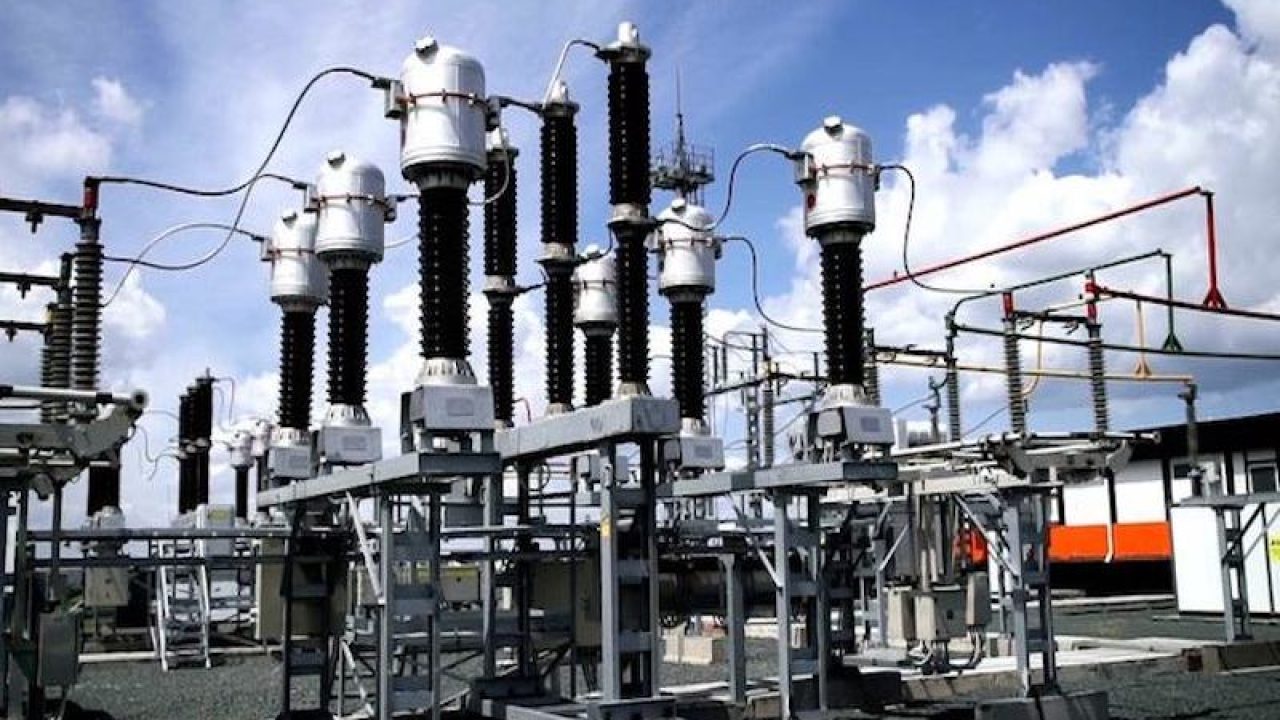Imagine this: you’re being coerced at an ATM or POS by rogue officers or scammers and you’re forced to make a transfer. Right now, all your options feel like a trap – if you refuse, you risk harm; if you comply, your money is gone and justice is a long road. But what if there was a silent alert system embedded in your banking app?
The Solution? A “Distress PIN” or “Red Alert Transfer Code”
This would be a special PIN – similar to your regular transaction code – but one that, when used under duress:
- Allows the transaction to go through, so you’re not endangered.
- Automatically flags the transaction in the bank’s system as suspicious.
- Notifies a fraud or emergency desk immediately.
- Temporarily freezes or monitors the receiving account for quick intervention.
- Optionally sends an emergency SMS/email to a pre-registered contact or the bank’s fraud unit.
This kind of feature would not only protect consumers but also help authorities trace bad actors faster.
Commercial Banks Already Laying the Groundwork
Some Nigerian banks have tools that could evolve into this:
- Access Bank’s “Hotlist Account” feature allows users to temporarily freeze their accounts in emergencies.
- GTBank’s Bank 737 offers quick options for account control, though it currently lacks a distress-specific function.
- First Bank’s “FirstMobile” includes fraud reporting tools, showing the system could be built upon.
- Zenith Bank’s eToken app already offers transaction-level authentication.
- Sterling Bank has the Panic Password feature on the OneBank app for those moments when it’s unsafe to reveal your full account balance.
What’s missing is integration, intention and a clear consumer safety protocol.
Why It Matters?
This is not just about innovation. It’s about protection, trust and justice. Nigerian consumers should not have to choose between their lives and their money. Banks have the tech, the reach and the responsibility to act.
Let’s push for a future where our financial systems don’t just transact – they protect.



